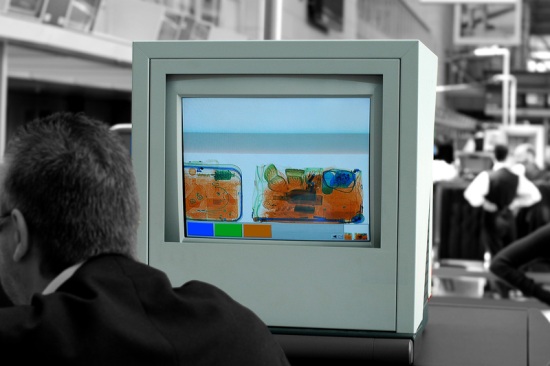The aftermath of 9/11 saw many changes take place in commercial property airports. These included more stringent security checks, increased security personnel within terminal buildings and even the banning of everything from liquid soap to nail files upon the flights themselves. However, the one change that has made a huge difference to passengers attempting to save money when travelling abroad is the “liquids law” – no bottles or jars containing more than 100ml of a liquid substance are allowed to be brought on board an aeroplane in their hand luggage. This even includes toiletries such as shampoo, toothpaste and shower gel.

As a result of this, passengers who choose to cut the price of their flight by taking hand luggage on board instead of putting a suitcase in the hold now face a problem. Family sized bottles of toiletries can now be confiscated by airport security, meaning that the only alternative for many is to buy travel sized items within the airport commercial property before boarding the plane.
Unfortunately, research carried out by travelsupermarket.com has revealed that cash conscious travellers are actually getting a worse deal by buying tiny toothpastes and miniature mouthwashes from airport stores. In fact, manufacturers are taking advantage of the restrictions on liquids by pricing travel sized items significantly higher than the full sized versions available in supermarkets.
During the study, researchers gathered the average prices of full sized branded toiletries sold in commercial high street properties such as Boots, Superdrug and Asda. Then, armed with this knowledge, they compared these prices against the travel sized branded items sold in Manchester and London airports.
For example, the High Street price for a can of Dove deodorant, containing 150ml of the product, averaged at £1. However, the airport sized can only contains 35ml of deodorant, yet retails for almost double the price at £1.99. Yet this is not an isolated incident, as the researchers found this trend occurring in a number of well-known brands.
Also found as part of the study was a price increase of an incredible 845 per cent per millilitre on Johnson’s Top to Toe Bath, a gentle cleansing product for babies. Whilst the full sized 500ml bottle retails at £2.67 in Asda stores nationwide, the price for a 50ml bottle found in airport branches of WHSmith was £1.99.
Similarly, a 50ml pot of Charles Worthington hair gel, costing £1.25 from Asda, was significantly marked up in price at the airports. Even though the high street sized product actually passes the security protocols, the airports still charged £1.99 for the special “travel” version. This was despite the fact that the high street and airport versions are, in fact, the same size.
Travel expert Bob Atkinson, from travelsupermarket.com, says; “Whilst security regulations are tight in airports in this day and age, consumers can easily get caught out paying over the odds for their toiletries. We found over 30 products where the mark-up was over 100 per cent – or double the normal price per ml.
“In most cases passengers are in a no win situation. They either have to pay out to put their bags in the hold, or travel hand-luggage only and shell out for miniatures.
“However, savvy travellers can get around this – my number one tip is to invest in and reuse small bottles which you can decant your regular products into before you head off on holiday.”
With money tight for the majority of people at the moment, and foreign breaks an expensive luxury, saving money wherever possible is certainly advisable for everyday consumers. Perhaps by looking after the pennies and following Mr Atkinson’s advice, that week’s trip to Spain could be upgraded to a break to Barbados by this time next year!
Do you buy toiletries at airports, or do you prefer to purchase them at your destination? Is it fair that companies can get away with this type of pricing mark-up, or do you believe that regulations should be set up whereby products should have a set price per millilitre?
Previous Post
What Does The Future Hold Following GCSE Results Day?